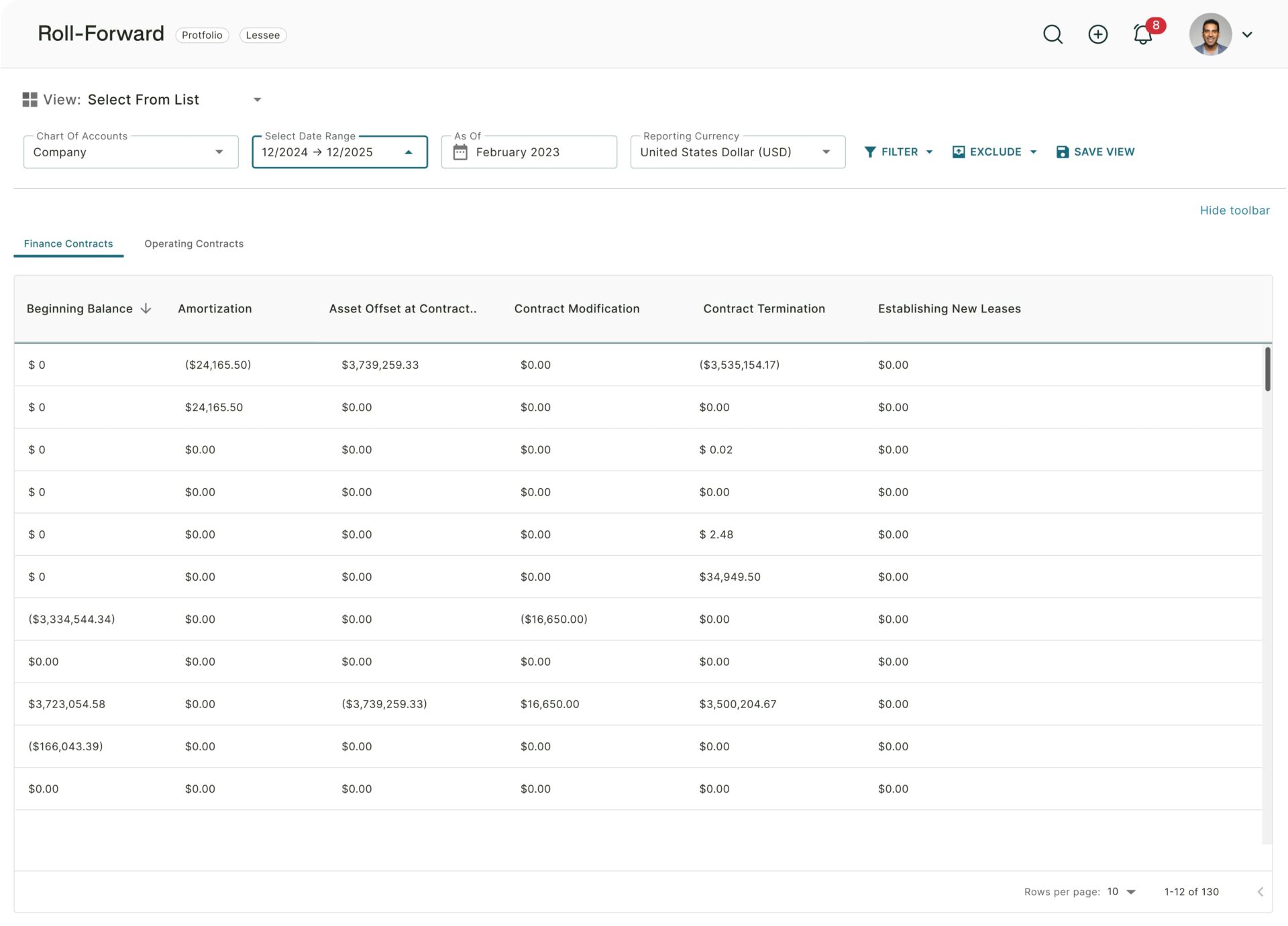Leases. This is one area of accounting that has an impact on almost all aspects of financial reporting. This situation is made more complicated by the upcoming introduction of the FASB’s new standard on lease accounting, ASC 842, which will have a significant effect on most US companies.
This ASC 842 standard has been delayed and then delayed again, but finally, it’s here. But when exactly is the ASC 842 deadline?
ASC 842: A Quick Refresher
As we’ve discussed previously, ASC 842 sets out a new way of dealing with leases. In a nutshell, whereas in the past leases could be expensed exclusively through the income statement, this new standard requires that companies report the balance sheet effect of leases.
This may sound simple enough, but ASC 842 actually changes the very definition of a lease, which is likely to catch many CFOs, controllers, and even auditors off-guard. Every contract needs to be re-examined to assess whether it is or contains a lease as per the FASB standard.
The impact is already being felt. Practitioners estimate that as a result of the new guidance, $2 trillion of lease liability will be recorded on S&P 500 companies’ balance sheets alone.
With much confusion around the deadline for ASC 842, it’s important to make a distinction between public and private companies.
ASC 842 Effective Date
The effective date of ASC 842 for public companies Is for reporting periods starting from December 15, 2018, i.e aligning with financial years ending on December 31 for most companies.
Private companies and nonprofits initially had an effective date of January 1, 2020, which was later delayed multiple times due to the COVID-19 pandemic. The revised effective date for these entities is for annual reporting periods beginning after December 15, 2021, which typically corresponds to the financial year 2022.
ASC 842 Deadline: What To Do Right Now
The fact that the FASB delayed the implementation of ASC 842 to provide relief for private companies and nonprofits clearly shows that complying with this standard is not going to be simple.
The good news is that there are a number of actions that can be taken before ASC 842 becomes applicable in order to properly prepare.
Some recommended actions include:
- Familiarize yourself with the new standard and its implications
- Ensure you’re properly prepared from an accounting software perspective (for most organizations Excel probably won’t cut it)
- Understand how new technologies can simplify the process – watch our recent webinar in which we discussed this topic together with Deloitte
- Re-examine existing and upcoming leases and contracts under the definitions of the new ASC 842 standard
- Acquaint yourself with in-depth and helpful publications by accounting professionals, such as those from Deloitte and PwC
The ASC 842 Deadline And A New Way Of Accounting For Leases
With the ASC 842 deadline coming up, a lot is going to change for the various stakeholders in the accounting and reporting process, including CFOs, controllers, and auditors.
By staying up-to-date with the latest best practices as outlined by the leading Audit and Advisory firms, leveraging technology to ensure speedy and accurate results, and ensuring your whole team is educated around the impact of ASC 842, the passing of the ASC 842 deadline, and the implementation of the new standard should be straightforward and smooth.
If you’ve adopted ASC 842 and you’re wondering what to do next, watch our recent webinar to learn how to remain compliant while streamlining your ASC 842 processes.





